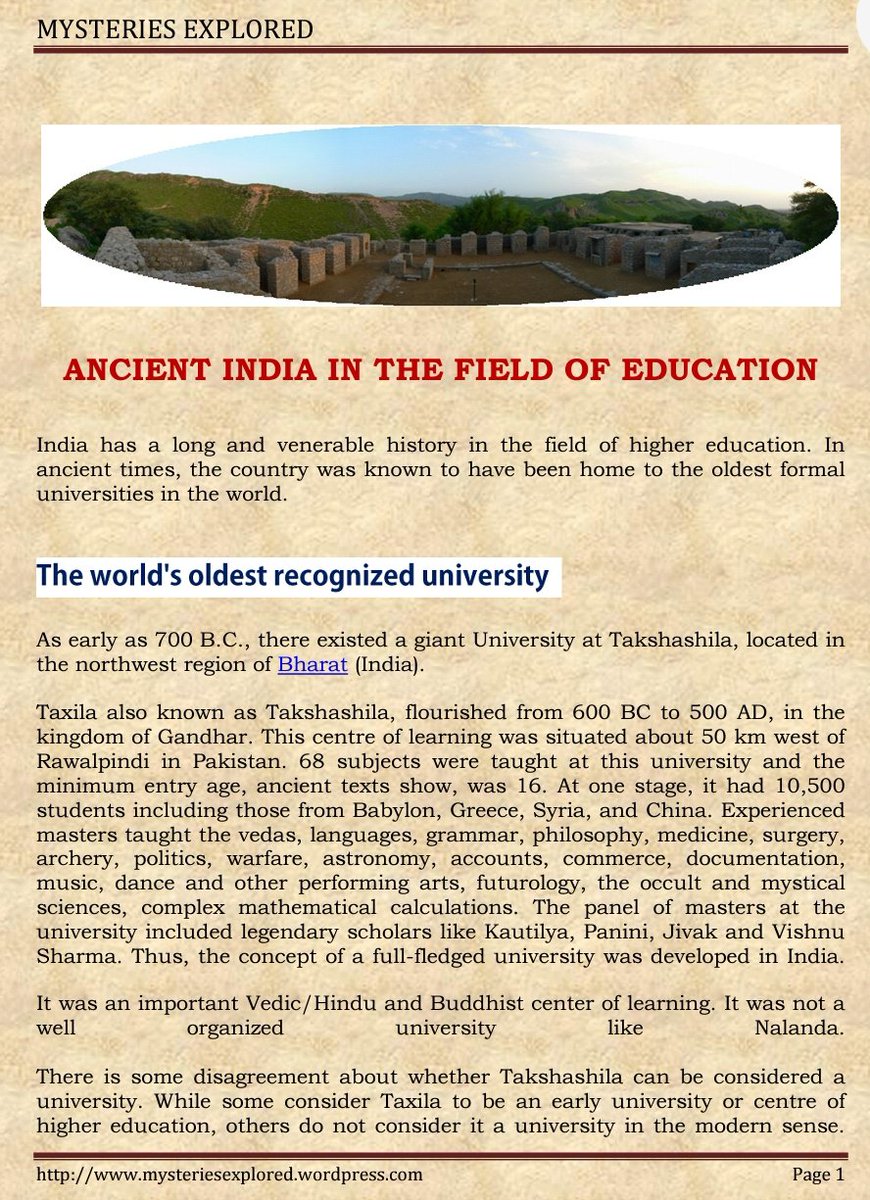Dear @solomon_rep,
I saw saw the proposed bill you presented at @HouseNGR. My question is simple: How is this bill going to change the ineffectiveness of the LGA? How will further disempowerment of the LGA get it closer to the people?
House of Reps considers bill to remove LGs as tier of govt https://t.co/6oeJcXcMln #vanguardnews pic.twitter.com/fRpnF41Bjb
— Vanguard Newspapers (@vanguardngrnews) December 25, 2020
It has fail mainly because "The State Joint Local Government Account(SJLGA)"
When the LGA has revenue in its jurisdiction but the state govt fight them over jurisdiction. They can't get their own IGR.

The Borno State govt empowered a committee that effected the illegal deduction from the SJLGA.

I guess at this point you would say wow at least something worked, right?
I have sad news for you
So my question Sir @ @solomon_rep is this
Can this same state govt that's won't give the LG it's constitutional allocation and disregard our judicial process allow LG's develop.
@solomon_rep @SpeakerGbaja this bill will not achieve its intended goal but rather it will take d LG further away from Us.
More from Government
You May Also Like
I just finished Eric Adler's The Battle of the Classics, and wanted to say something about Joel Christiansen's review linked below. I am not sure what motivates the review (I speculate a bit below), but it gives a very misleading impression of the book. 1/x
The meat of the criticism is that the history Adler gives is insufficiently critical. Adler describes a few figures who had a great influence on how the modern US university was formed. It's certainly critical: it focuses on the social Darwinism of these figures. 2/x
Other insinuations and suggestions in the review seem wildly off the mark, distorted, or inappropriate-- for example, that the book is clickbaity (it is scholarly) or conservative (hardly) or connected to the events at the Capitol (give me a break). 3/x
The core question: in what sense is classics inherently racist? Classics is old. On Adler's account, it begins in ancient Rome and is revived in the Renaissance. Slavery (Christiansen's primary concern) is also very old. Let's say classics is an education for slaveowners. 4/x
It's worth remembering that literacy itself is elite throughout most of this history. Literacy is, then, also the education of slaveowners. We can honor oral and musical traditions without denying that literacy is, generally, good. 5/x
As someone\u2019s who\u2019s read the book, this review strikes me as tremendously unfair. It mostly faults Adler for not writing the book the reviewer wishes he had! https://t.co/pqpt5Ziivj
— Teresa M. Bejan (@tmbejan) January 12, 2021
The meat of the criticism is that the history Adler gives is insufficiently critical. Adler describes a few figures who had a great influence on how the modern US university was formed. It's certainly critical: it focuses on the social Darwinism of these figures. 2/x
Other insinuations and suggestions in the review seem wildly off the mark, distorted, or inappropriate-- for example, that the book is clickbaity (it is scholarly) or conservative (hardly) or connected to the events at the Capitol (give me a break). 3/x
The core question: in what sense is classics inherently racist? Classics is old. On Adler's account, it begins in ancient Rome and is revived in the Renaissance. Slavery (Christiansen's primary concern) is also very old. Let's say classics is an education for slaveowners. 4/x
It's worth remembering that literacy itself is elite throughout most of this history. Literacy is, then, also the education of slaveowners. We can honor oral and musical traditions without denying that literacy is, generally, good. 5/x
























